Concept 1: Introduction to AI
Artificial Intelligence
:information_source: Definition Artificial Intelligence (AI) is a program that thinks and acts like a human, such as learning and problem-solving.
Learning Objectives
By the end of this lesson, you will:
- Understand what Artificial Intelligence is
- Know the major branches of AI
- Learn about AI's history and evolution
- Discover how AI is used in daily life
- Understand the importance of AI ethics
Introduction
In today's world, Artificial Intelligence has become an important part of our daily lives. AI helps us handle complex tasks that humans do every day.
Major Branches of AI Techniques
Artificial Intelligence uses many different techniques. Here are the six major branches:
- Machine Learning
- Natural Language Processing (NLP)
- Neural Network / Deep Learning
- Robotics
- Expert Systems
- Fuzzy Logic
Benefits of Using AI
AI provides many advantages in our daily lives:
- Reduces human errors - AI performs tasks consistently without getting tired
- Always available - Works 24/7 without breaks
- Makes fast decisions - Processes information much faster than humans
- Reduces workplace risks - Handles dangerous tasks to keep people safe
History of Artificial Intelligence
:memo: Timeline Here's how AI developed over the years - from a simple test to today's smart assistants!
:emoji: 1950: The Turing Test
A test to check whether a machine shows intelligent behavior similar to humans.
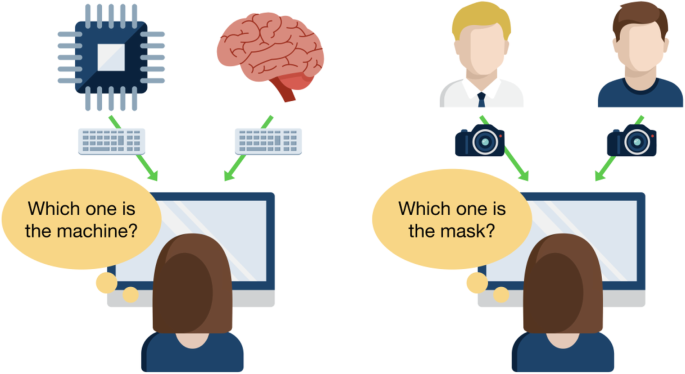
A human questioner asks questions to both a human and a machine. The questioner must identify which respondent is human and which is machine.
- If the questioner cannot tell the difference, the machine passes the test.
The Birth of AI - Dartmouth Conference (1956)
American Computer Scientist John McCarthy first used the term "Artificial Intelligence."

The Golden Years of AI (1956-1974)
- The first chatbot, Eliza, was created in 1966.
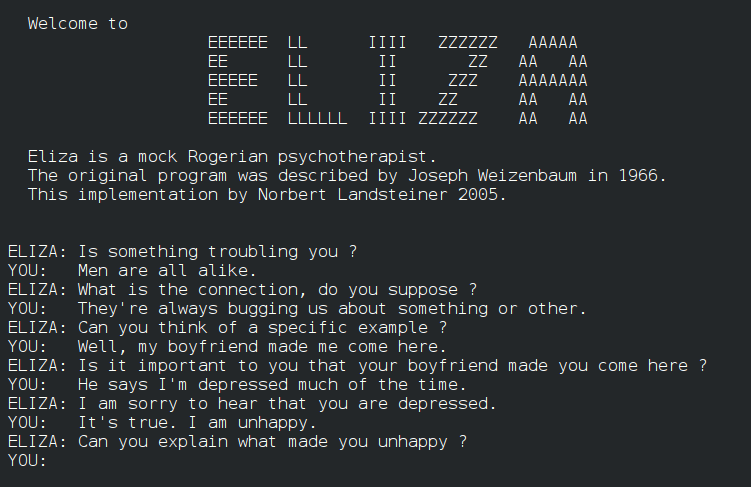
- The first intelligent humanoid robot, WABOT-1, was built in Japan in 1972.
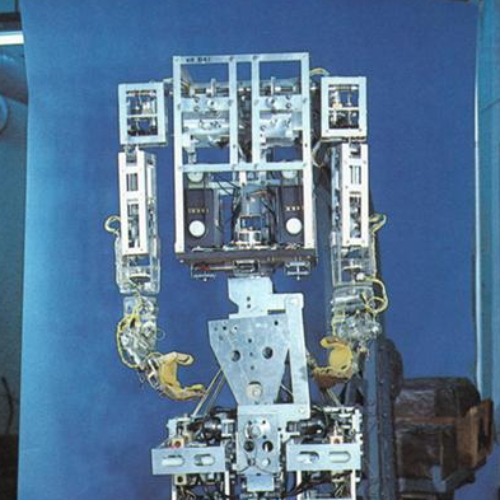
The First AI Winter (1974-1980)
- Government funding for AI research decreased significantly
- Interest in AI dropped
The Boom of AI (1980-1987)
- Expert systems were born - these could mimic human experts' decision-making
The Second AI Winter (1987-1993)
- Investors and governments stopped funding AI because it was expensive but not efficient
The Emergence of Intelligent Agents (1993-2011)
- IBM Deep Blue became the first computer to beat a world chess champion (1997)
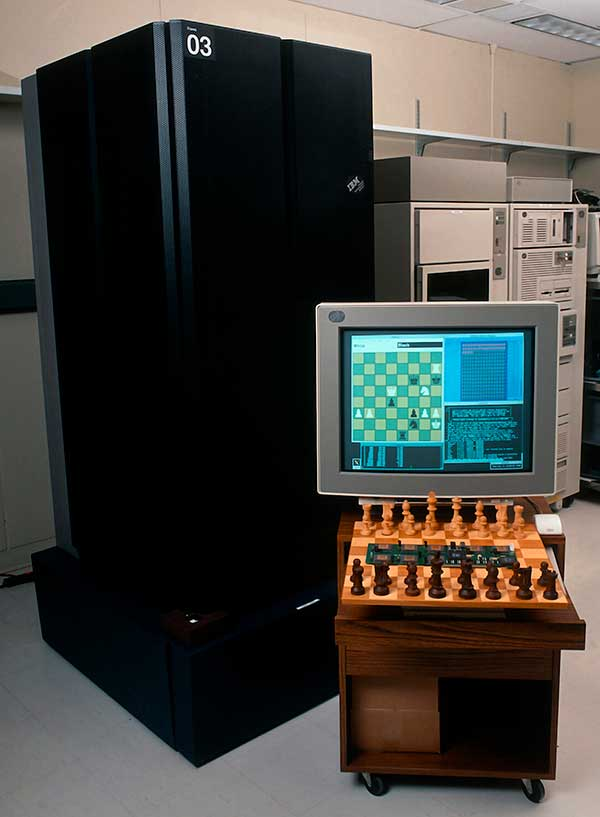
- Roomba, the first intelligent vacuum cleaner, was released (2002)
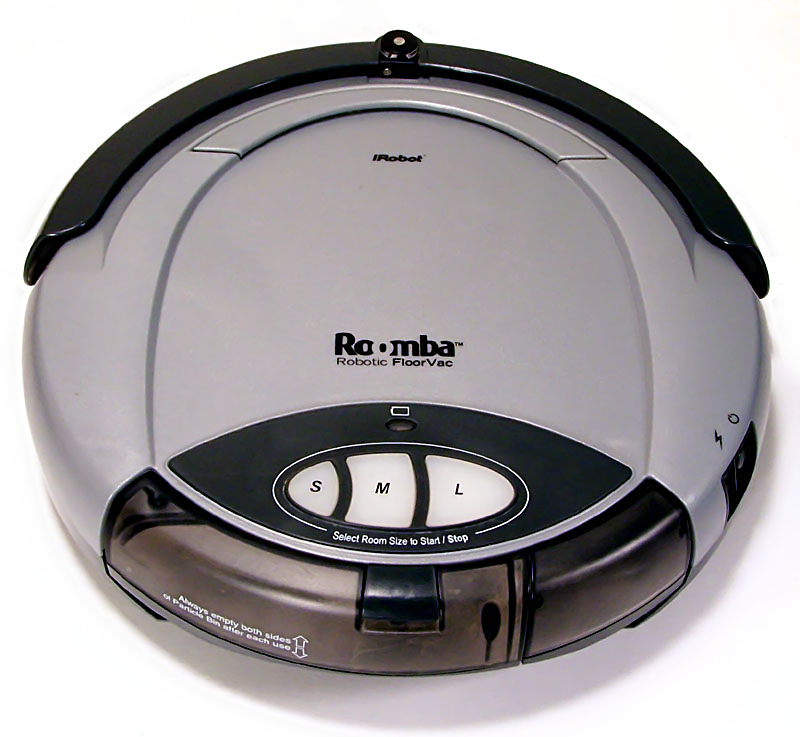
- AI entered the business world - Facebook, Twitter, and Netflix started using AI
Deep Learning, Big Data, and Artificial General Intelligence (2011-present)
- Eugene Goostman became the first chatbot to pass the Turing Test (2014)

- Project Debater showed that AI can debate with humans (2018)

Applications of AI in Daily Life
Artificial Intelligence has many uses in our daily lives. Here are examples from different fields:

:emoji: Healthcare
- Smartwatches like Fitbit and Apple Watch track your health data
- AI helps doctors find tumors and cancer cells
:emoji: Automobile
- Self-driving cars like Tesla's Autopilot
:emoji: Finance
- Blockchain technology for secure transactions
:emoji: Surveillance
- Face recognition in security cameras
:iphone: Social Media
- Facebook recognizes faces in photos
- Personalized newsfeeds
:emoji: Entertainment
- Google search suggestions
- YouTube and Netflix recommendations
- Voice assistants like Google Assistant
:books: Education
- Educational chatbots that help students learn
:rocket: Space Exploration
- Mars Exploration Rovers explore the planet
:video_game: Gaming
- Non-player characters (NPCs) with human-like intelligence
:emoji: Robotics
- Sophia, the world's first humanoid AI robot
:emoji: Household
- Smart assistants like Alexa and Google Assistant
- Smart appliances like washing machines
:emoji: E-commerce
- Customer service chatbots
- Product recommendations on Shopee
For more applications of AI, watch this video by Google AI.
The Future of AI
AI will continue to change how we live. Here are examples of how AI will shape our future. Click the links to watch videos and learn more:
The Power of AI
How powerful is AI?
- Handles human tasks much faster than humans. For example, AI can classify thousands of images into categories within minutes.
- Helps us make daily decisions. For example, Google Maps shows us the shortest route to our destination.
Potential Concerns
What if AI...
- Makes unfair decisions about certain groups of people. For example, a self-driving car might have to choose between hitting elderly people or children when it cannot brake.
- Collects your personal data like phone numbers and addresses without permission.
- Is used for harmful purposes. For example, creating and spreading fake news.
How can we prevent these problems?
- By implementing ethics and guidelines for AI
:memo: Try This! Think about an AI application you use daily (like YouTube recommendations or voice assistants). Can you identify one potential concern and how ethics could help address it?
Ethics in AI
Be Socially Beneficial
- Develop AI that considers social and economic factors like culture and laws in different countries.
Avoid Creating Unfair Bias
- Datasets should not cause unfair judgments about people based on gender, race, ethnicity, political, or religious beliefs.
- Design algorithms to reduce unfair bias.
Build and Test for Safety
- Use strong safety and security practices to prevent harm like data leaks.
Implement Privacy Design Principles
- Collect data only with permission from owners.
- Give people transparency and control over their data.
Make Outcomes Transparent, Explainable, and Justifiable
- AI decisions should be clear and explainable, especially when they directly affect people's lives.
Avoid Using AI for Harmful Purposes
- AI should not be used in technologies or weapons that could harm people.
To learn more about why ethics in AI is important, visit this page.
:bulb: Key Takeaway Remember: AI should always be developed and used responsibly. The six ethical principles ensure AI benefits everyone while avoiding harm.
Summary
In this lesson, you learned:
- AI is technology that thinks and acts like humans
- There are six major branches of AI, including Machine Learning and Natural Language Processing
- AI has evolved from the Turing Test (1950) to today's advanced systems
- AI is used everywhere - from healthcare to entertainment
- Ethics are crucial to ensure AI benefits everyone and avoids harm
Watch and Learn
:emoji: Introduction to AI Video

:dart: Next Lesson: Machine Learning - How Computers Learn from Data
Prompts:
- "What are the different branches of AI?"
- "What are some ethical concerns related to artificial intelligence?"